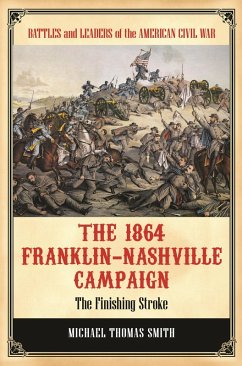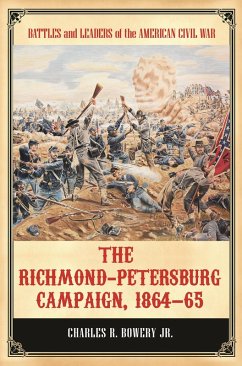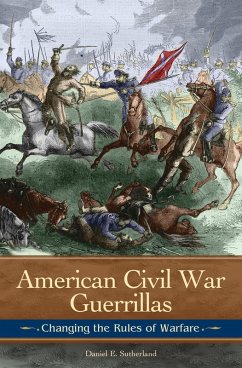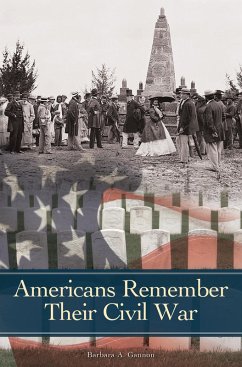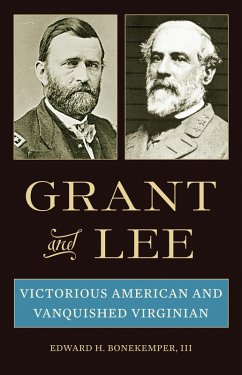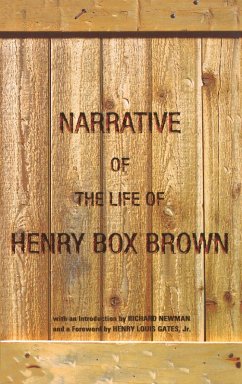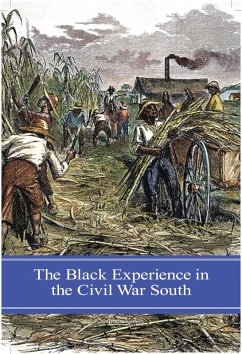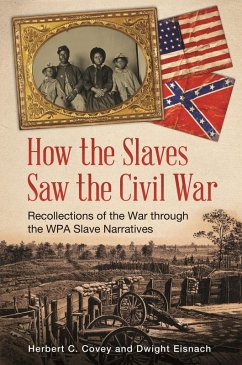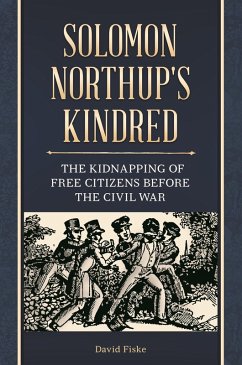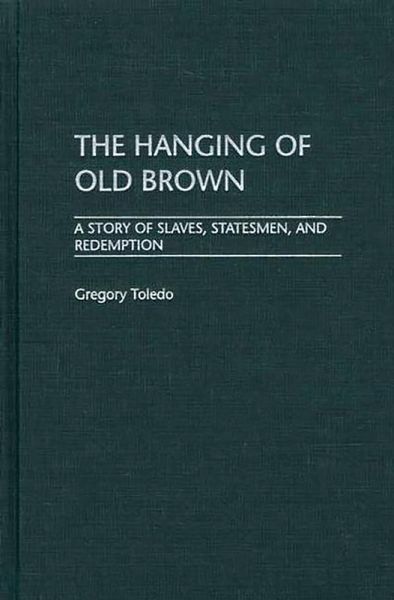
The Hanging of Old Brown (eBook, PDF)
A Story of Slaves, Statesmen, and Redemption
Versandkostenfrei!
Sofort per Download lieferbar
58,95 €
inkl. MwSt.
Weitere Ausgaben:

PAYBACK Punkte
29 °P sammeln!
Captured by United States Marines at Harper's Ferry, Virginia, a fifty-nine year old farmer was quickly brought to trial in nearby Charlestown and convicted of three capital crimes: treason against the Commonwealth of Virginia; conspiring with slaves to rebel; and murder. In a field on the outskirts of town he was hanged before fifteen hundred soldiers. Colonel Robert E. Lee, Professor Thomas J. Jackson, and John Wilkes Booth stood watching. The Hanging of Old Brown attempts to remove the veils that separate the contemporary observer from an understanding of the events and the convictions that...
Captured by United States Marines at Harper's Ferry, Virginia, a fifty-nine year old farmer was quickly brought to trial in nearby Charlestown and convicted of three capital crimes: treason against the Commonwealth of Virginia; conspiring with slaves to rebel; and murder. In a field on the outskirts of town he was hanged before fifteen hundred soldiers. Colonel Robert E. Lee, Professor Thomas J. Jackson, and John Wilkes Booth stood watching. The Hanging of Old Brown attempts to remove the veils that separate the contemporary observer from an understanding of the events and the convictions that brought John Brown to a Virginia scaffold ready to die. Brown struggled to find redemption for himself and his nation. His war on slavery and eventual execution would reap the whirlwinds that would herald the destruction of slavery. Beginning with events of 1776, Toledo provides the historical context of John Brown's war, enabling readers to approach this abolitionist visionary with a better understanding of the period that defined him. Toledo hopes to dispel notions that Brown was a mere fanatic or deranged militant. This work invites readers to become acquainted with a man who is, in the end, both flawed and heroic, always deliberate, and ultimately triumphant.




